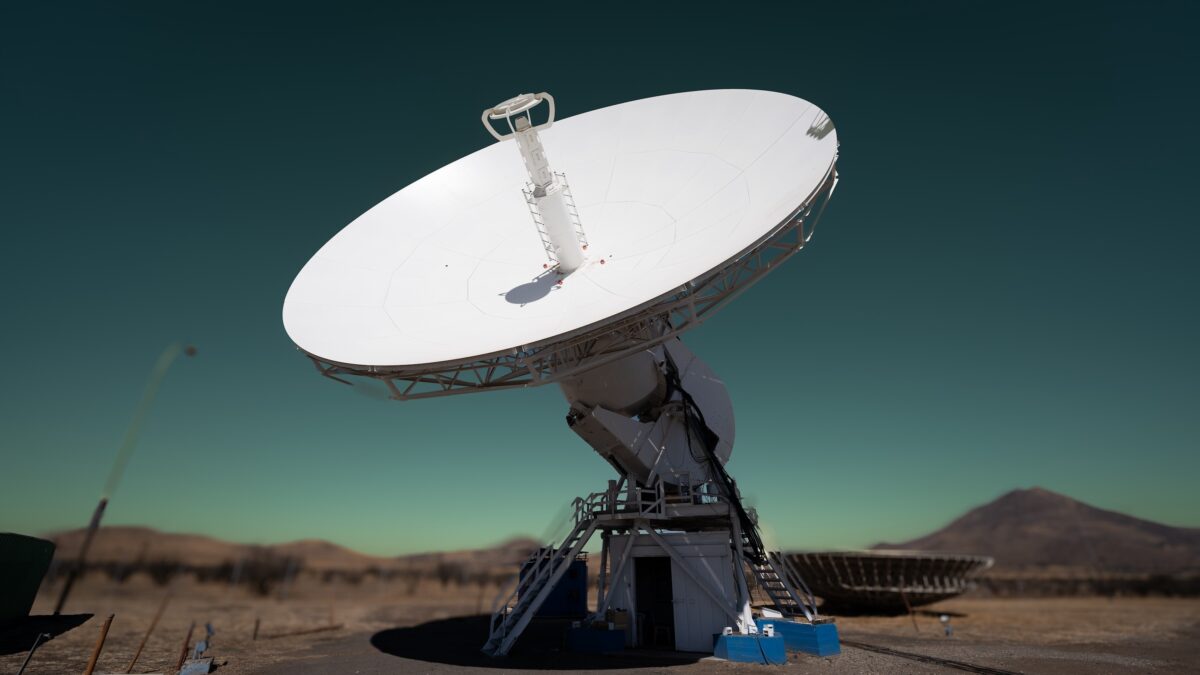
25% of the 50,000 were filed last year.
“This is a booming area this is an area that is growing at increasing speed. And it’s somewhere that we expect to grow even more,” says WIPO Patent Analytics Manager, Christopher Harrison, “the patent data suggests this is an area that is going to have a profound impact across many different industrial sectors.”
Third biggest filing country was Korea, followed by Japan and India. India is filing faster than anyone says WIPO.
54,000 GenAI-related inventions (patent families were filed and more than 75,000 scientific publications published between 2014 and 2023.

In 2023 alone over 25% of all GenAI patents globally were published, and over 45% of all GenAI scientific papers were published.
GenAI patents still currently only represent 6% of all AI patents globally.
The top 10 GenAI patent applicants are: Tencent (2,074 inventions), Ping An Insurance (1,564 inventions), Baidu (1,234 inventions), Chinese Academy of Sciences (607), IBM (601), Alibaba Group (571), Samsung Electronics (468), Alphabet (443), ByteDance (418), Microsoft (377).
The top five inventor locations are China (38,210 inventions), US (6,276 inventions), Republic of Korea (4,155 inventions), Japan (3,409) and India (1,350).
Image and video data dominate GenAI patents (17,996 inventions), followed by text (13,494 inventions) and speech/music (13,480 inventions).
GenAI patents using molecule, gene and protein-based data are growing rapidly (1,494 inventions since 2014) with 78% average annual growth over the past five years.
GenAI patents span across a diverse range of sectors, including in life sciences (5,346 inventions), document management and publishing (4,976 inventions) and over 2,000 inventions in each of business solutions, industry and manufacturing, transportation, security, and telecommunications.
In the future, GenAI can help design new molecules, expediting drug development. It can automate tasks in document management and publishing, be increasingly used in retail assistance systems and customer service chatbots and enable new product design and optimisation, including in public transportation systems and autonomous driving, says WIPO.






